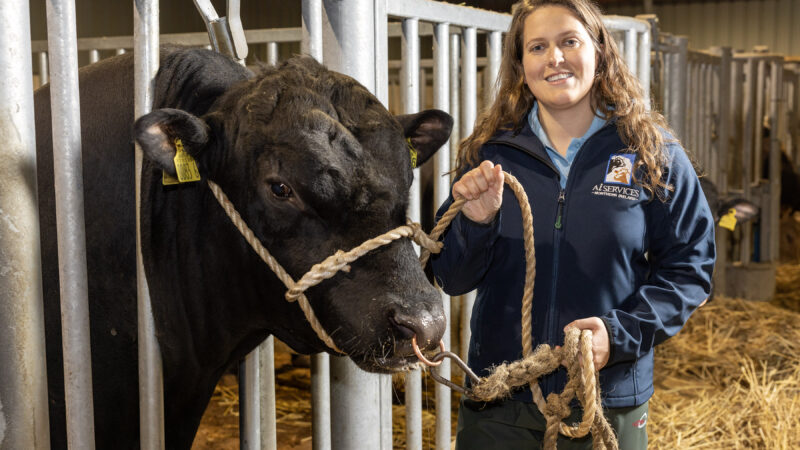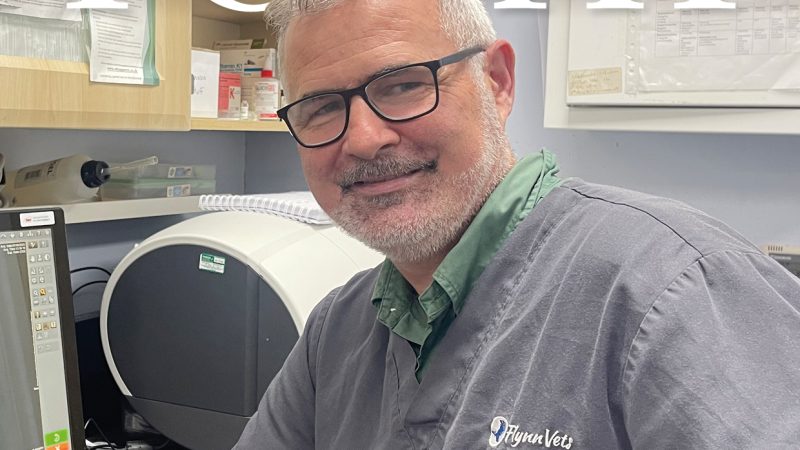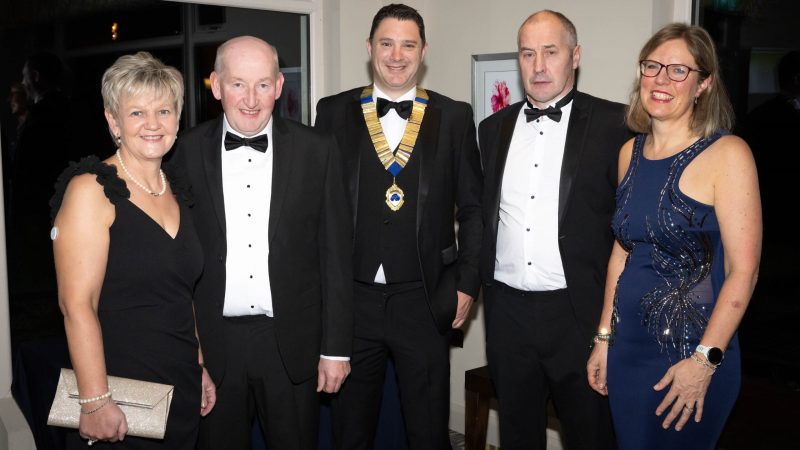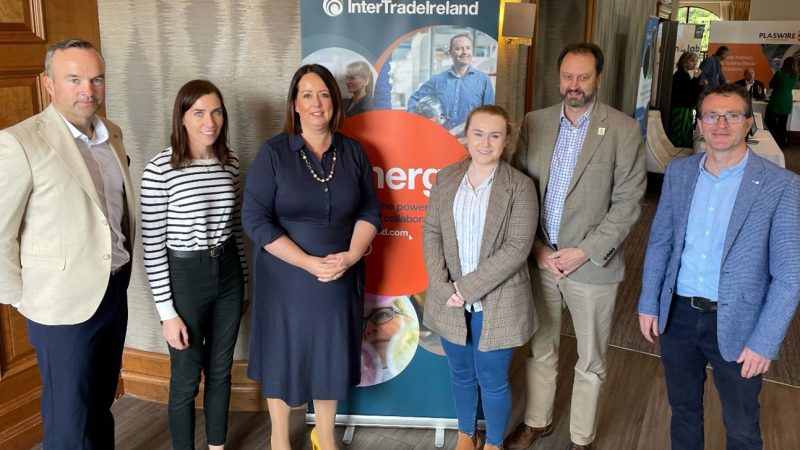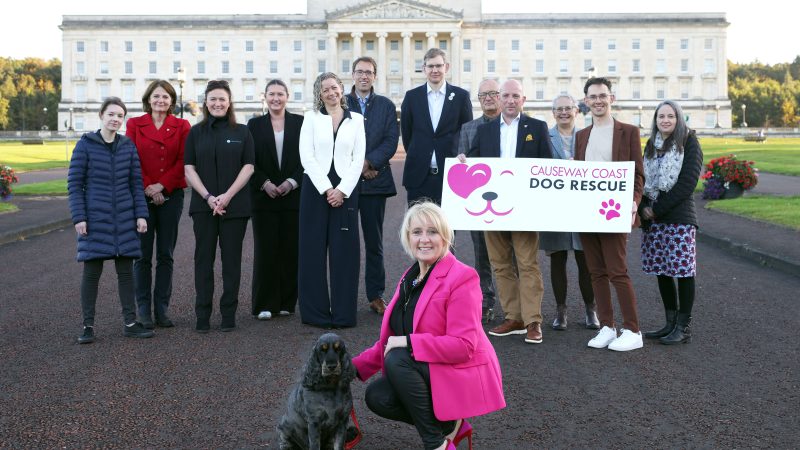Paul has an eye on the big picture
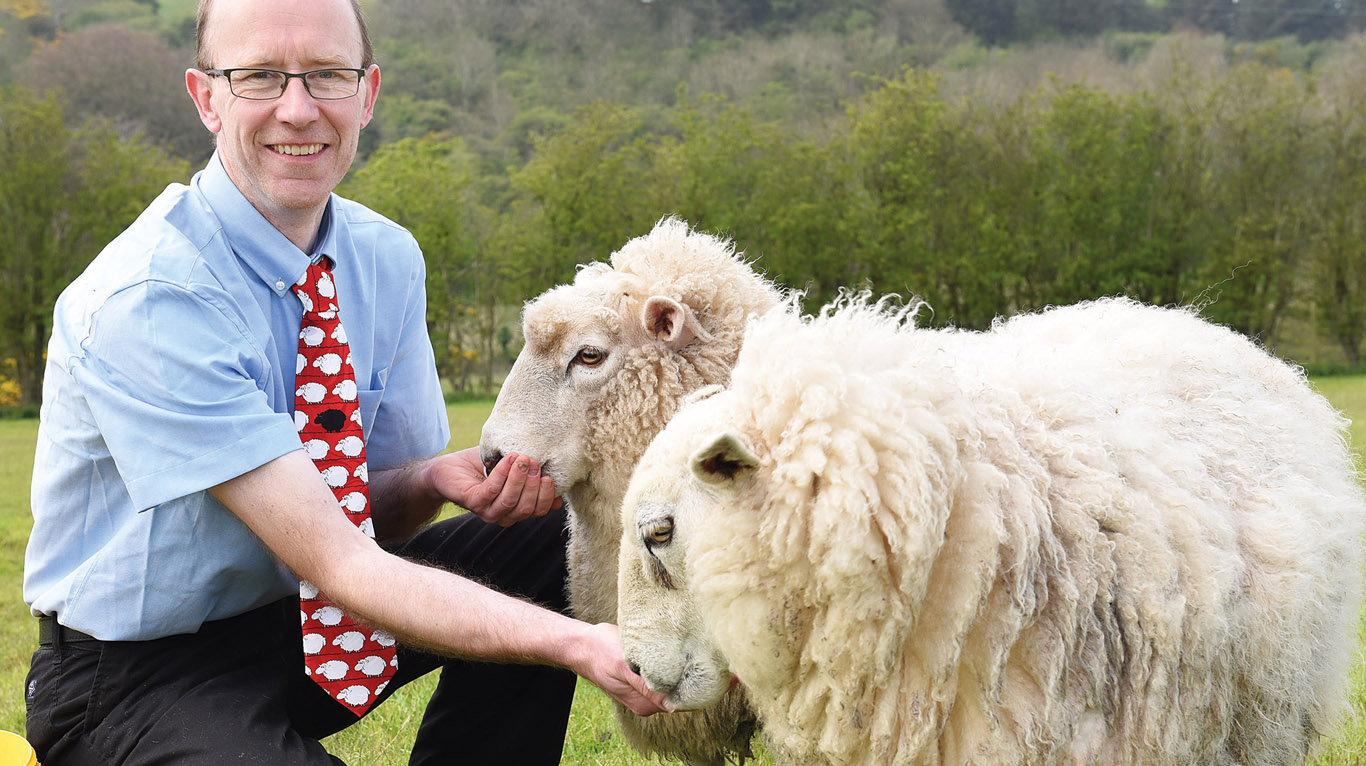
Paul Crawford prefers the freedom of self-employment and life on his family farm to the confines of practice life. But, as the newly-appointed president of the AVSPNI, he believes that ‘seeing the big picture’ is the best way to address the profession’s most pressing concerns…
Paul Crawford is his own man. And a dogged determination to follow his own path in life, rather than be defined by the demands of a career, has been very much the guiding principle in his journey so far.
Outside the rarefied ranks of academia at UCD’s veterinary school, Paul can be regarded as the most highly qualified veterinary anaesthetist on the island of Ireland today. Working in a self-employed capacity, he undertakes a varied work schedule, providing locum cover, offering tailored training to those that need it, consulting on anaesthesia with various medical research groups or working with GPs on more complex individual cases.
It keeps him busy but it also allows him time to pursue his other passion – looking after around 200 sheep at his family’s farm near Islandmagee. It’s a full-time pursuit, but Paul realised early on in his career that the routines inherent in general practice just weren’t for him. He wanted ‘flexibility’, he says, and the freedom to do those things that interested him most.
Paul (44), grew up on his family’s small farm. Both his parents were teachers, but his late father also kept cattle and Paul loved being involved in running the farm. At the age of 13, he made the decision to introduce sheep into the mix and as the years wore on, the cattle were eventually phased out entirely.
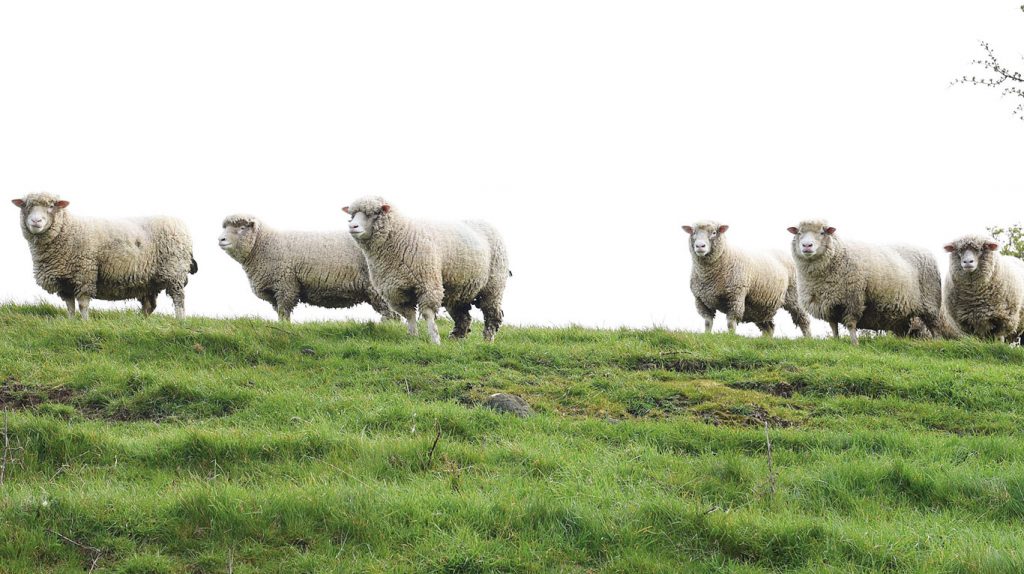
After he’d completed his A-levels, Paul committed himself to a career in veterinary medicine:
‘I wanted to be involved in something that had to do with animals and agriculture,’ he recalls. ‘I definitely didn’t want anything that was office-based.’
Those were the roots of Paul’s enduring dislike for workplace routine, although he did manage a period in general practice in the early noughties. After nine months spent in Canada in a teaching post, he spent 14 months working as a vet in John Doherty’s Farmhill Vets at Carrickfergus.
These days, says Paul, the farm makes a small profit, but like many of those who are self-employed, the future is sometimes uncertain:
‘I might have three weeks where I’m working hard and three when I’m wondering how I can pay the bills,’ says Paul.
In January this year, Paul took over as president of the AVSPNI, accepting the chain of office from predecessor, Phil Walsh, during the organisation’s annual Omagh Day gathering.
In common with his NIVA counterpart, Aurelie Moralis, Paul confirms that the good work of past years in areas such as recruitment and retention will continue, but there are other areas where he hopes to make progress during his year in office.
He wants to see fresh impetus injected into the battle to drive down the incidence of bTB in Northern Ireland and is looking forward to the publication of the report of the TB Eradication Partnership in May. He hopes that this document will either provide that renewed momentum or create a space in which organisations such as the AVSPNI can make their voices heard.
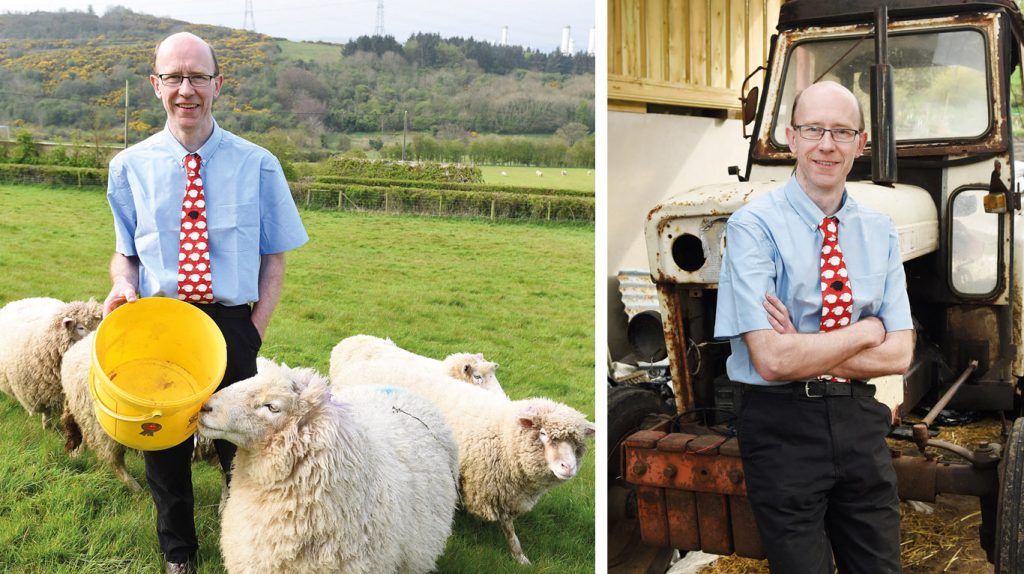
Paul also wants to focus on reducing BVD and sheep scab figures. Sheep scab has been on the increase in Northern Ireland for many months and Paul referenced a recent stakeholder meeting at Greenmount during which the idea of a sheep scab initiative for Northern Ireland was discussed. Those in attendance agreed that further training should be made available alongside a co-ordinated sheep scab eradication programme and Paul has said he will be focused on taking these wishes forward during his time in office.
Like most of his colleagues, Paul shares mounting concerns around the continuing growth of anti-microbial resistance (AMR) and has indicated that the AVSPNI will be taking this into consideration as it plans the remainder of its CPD programme for 2019:
‘The big problem is that no-one is willing to pay the price for this,’ he says. ‘When you talk to consumers, they say that they’re happy to pay more, but when it comes to what they have in their shopping baskets, you can see that they are buy based mainly on price.
‘And the government doesn’t seem to be willing to invest in changing this. You have one half of government telling farmers to reduce their reliance on drugs and build more quality accommodation for their animals. Then you have the other half of government refusing planning permission to replace an old cattle shed with a better one. We need to get beyond this kind of thinking.’
Both the NIVA and the AVSPNI are concerned by ongoing problems around the recruitment of skilled veterinary staff and Paul says that while there might not be that much public debate around the issue, it’s clear from the nature of the advertisements that some practices are running that they are experiencing great difficulties filling positions.
‘Talk to other professions such as GPs or teachers, and you’ll see that this is a problem for a lot of sectors and I think that we should be spending less time navel-gazing at our own problems and more time examining this in a wider context. We need to see these problems and their solution as part of a bigger picture,’ he tells NIVT.
Paul will remain in post until the start of next year and he says that he will be content if, on leaving, he’s able to see ‘clear progress on major issues’:
‘I want to know that in that time, a step forward has been taken, perhaps a reduction in BVD numbers, something that can be clearly measured over the year. I’d also like to know that we had two well-attended and successful conferences and that we were able to organise a good programme of relevant CPD, that’s a very important element of what we do,’ he added.
Paul is also keen to facilitate the continued development of veterinary nursing.
‘Without a skilled team of veterinary nurses our practices cannot run,’ he says. ‘I am keen to continue the drive to improve both VN education, CPD and opportunities here in N Ireland. Hopefully, 2019 will bring some progress on the revision of Schedule 3 and open new doors for our nurses.’

